Two Supreme Court cases have reshaped politics in the United States: Citizens United v. FEC (2010) and Buckley v. Valeo (1976). These cases are landmarks in several ways, but their biggest impact is how they fundamentally changed the power and accountability of wealthy people and organizations within U.S. elections.
What are these cases and how do they use the First Amendment to take the power away from Americans who can not pay to sway the influence of upcoming elections? Let’s get into it.
What Is Citizens United v. FEC?
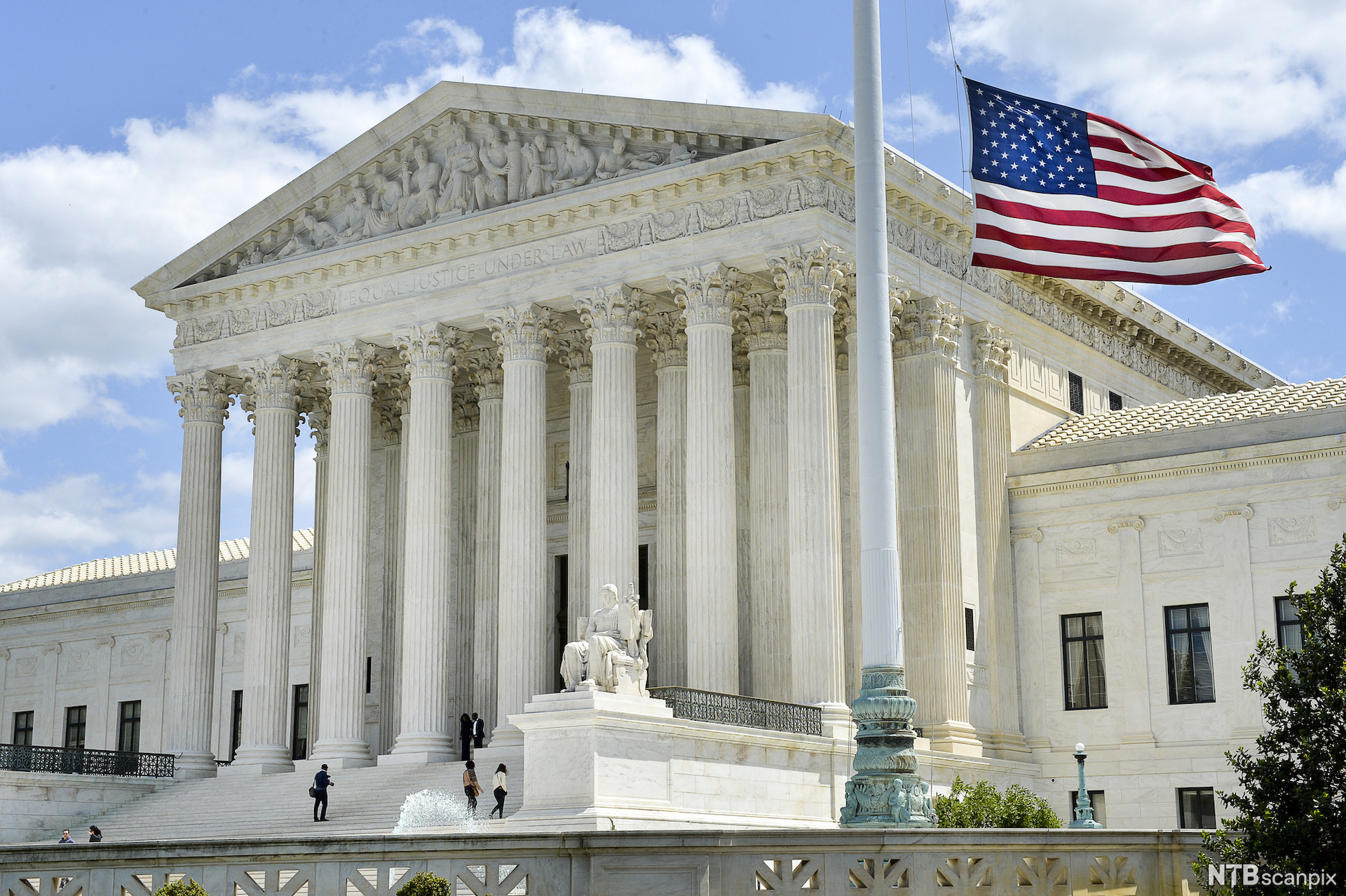
Citizens United v. Federal Elections Commission (FEC) is a landmark decision of the Supreme Court regarding campaign finance laws and free speech under the First Amendment to the U.S. Constitution.
The court decided that the freedom of speech clause in the First Amendment does not limit corporations and other groups, like unions and non-profits, can spend money to run ads, make documentaries, or other activities to promote their preferred candidates.
Money Gains More Freedoms In Election Influence
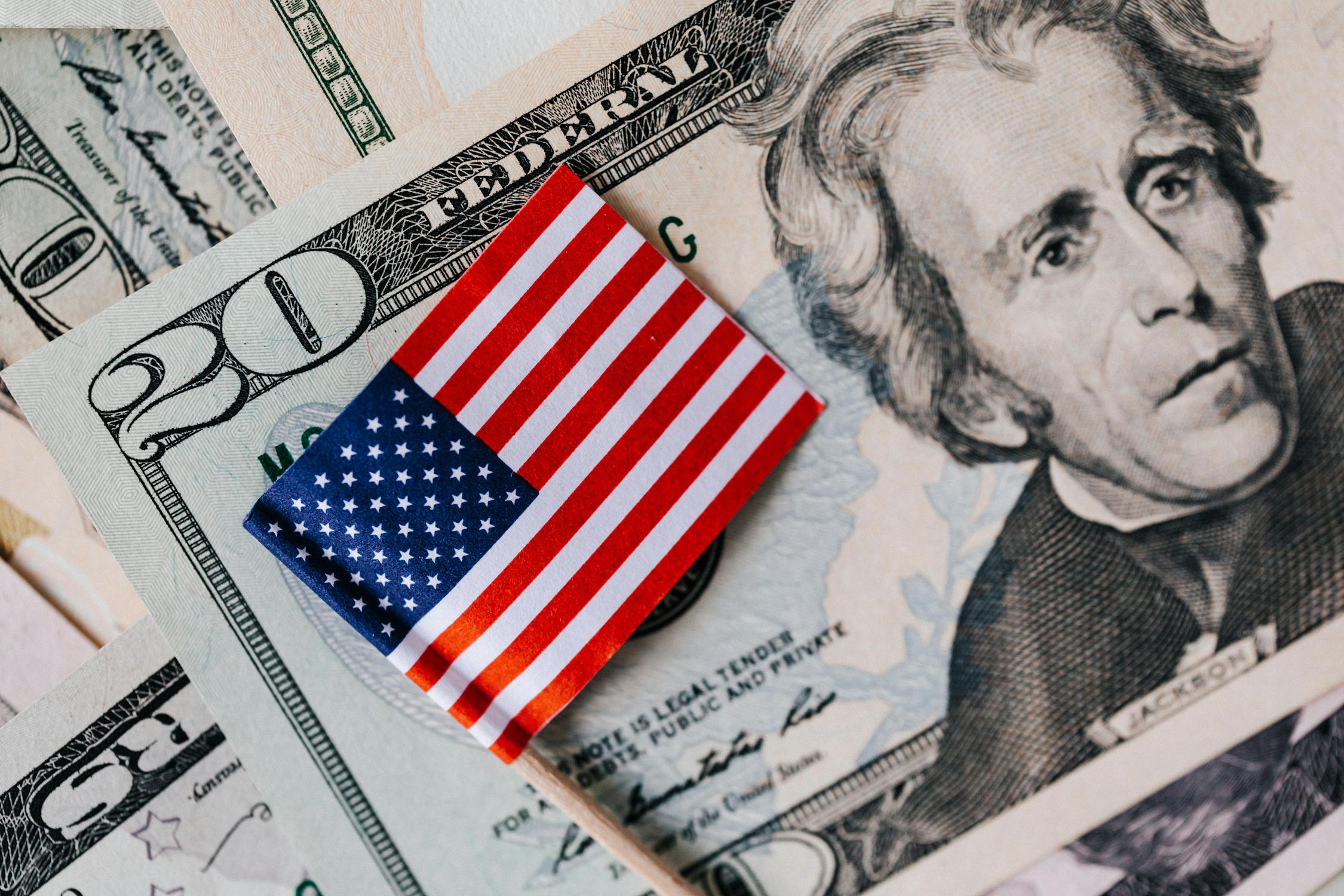
The ruling has been controversial. The courts have ruled that spending money on elections constitutes a form of free speech that the government cannot restrict, but some people argue that it grants excessive power to wealthy corporations and special interests in elections.
These groups spending money to advocate for a candidate cannot contribute money to candidates’ campaigns. They can only spend money on independent activities.
What Is Buckley v. Valeo?
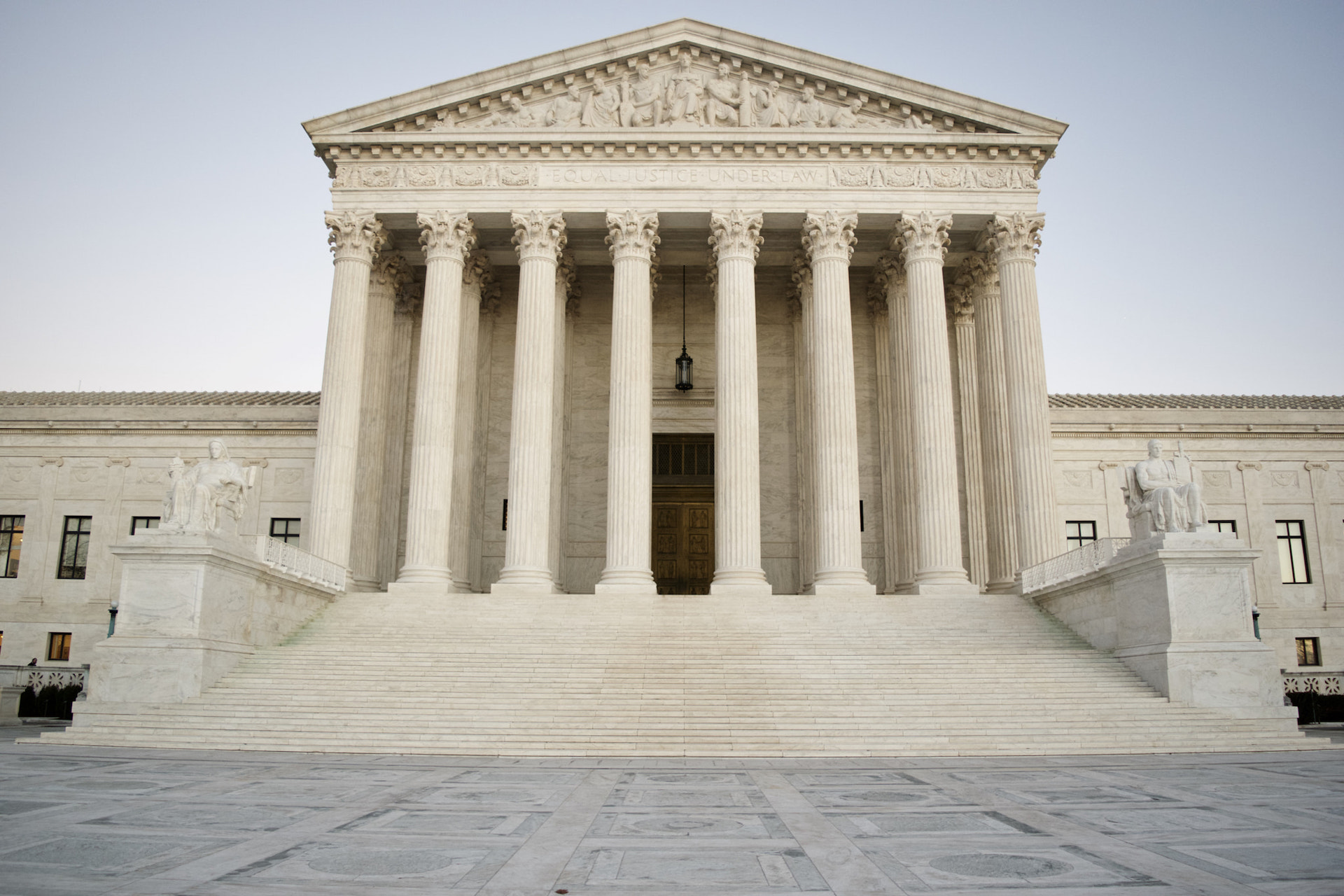
While most people might be familiar with the decision from the 2010 Supreme Court case, some might need a refresher about the Buckley v. Valeo decision.
After attempting to amend the Federal Election Campaign Act of 1971 three years after its passage in an attempt to control spending and contributions for political campaigns, a group of plaintiffs, including Senator James Buckley, filed a claim against Francis Valeo, who served as the Secretary of the Senate and thus a non-voting member of the FEC.
The Supreme Court Decision on Buckley v. Valeo
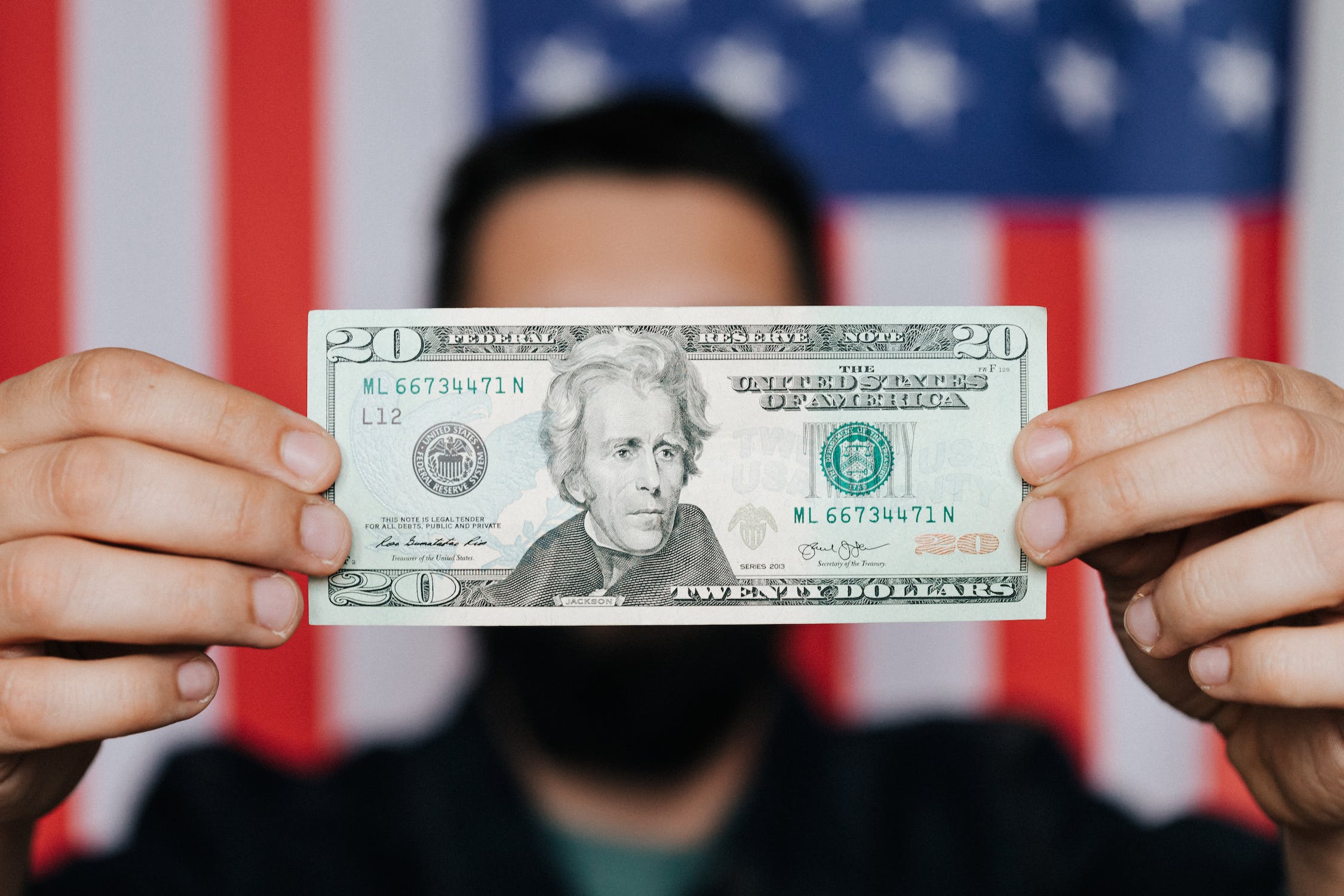
The plaintiffs believed the new provisions, which included limits on public financing for presidential elections, contributions to candidates for public office, and expenditures by candidates and their committees in most instances, were unconstitutional.
In 1976, a majority of justices believed that the limits on election expenditures were unconstitutional. This decision was based on section 608 of the Federal Election Campaign Act of 1971 and the First Amendment, which equated money with speech in this context.
More and More Money Is Spent on Election Campaigns
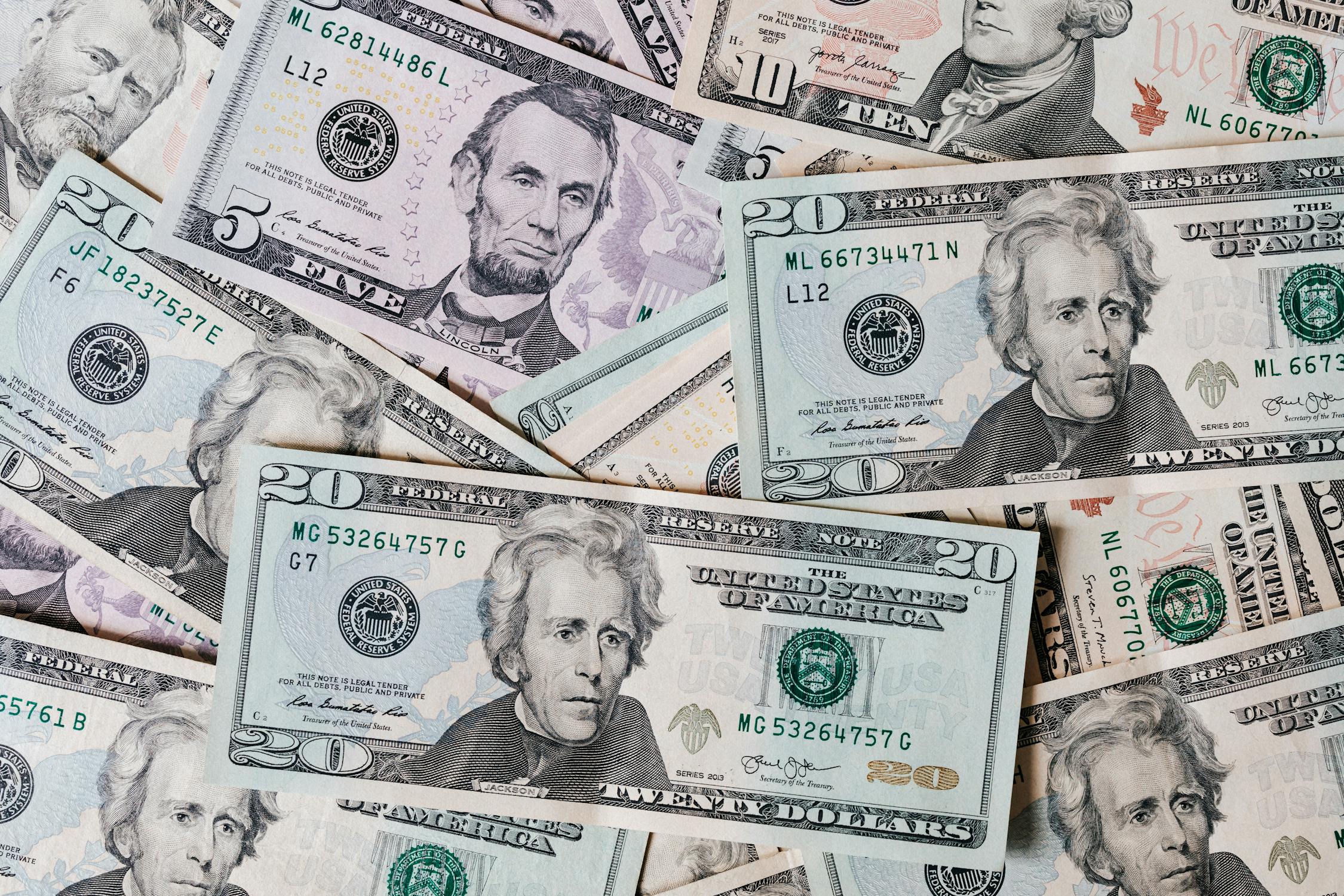
For nearly 50 years, election spending by special interest groups—which includes foreign governments—has spiraled out of control. In the 2024 election cycle, U.S. News & World Report reports that nearly $16 billion has been spent, which is 30 percent more than the last presidential election campaign.
The unrestrained and unlimited spending has an impact on our political system and has contributed to the growing concerns around transparency.
How Does Money Affect You During Elections
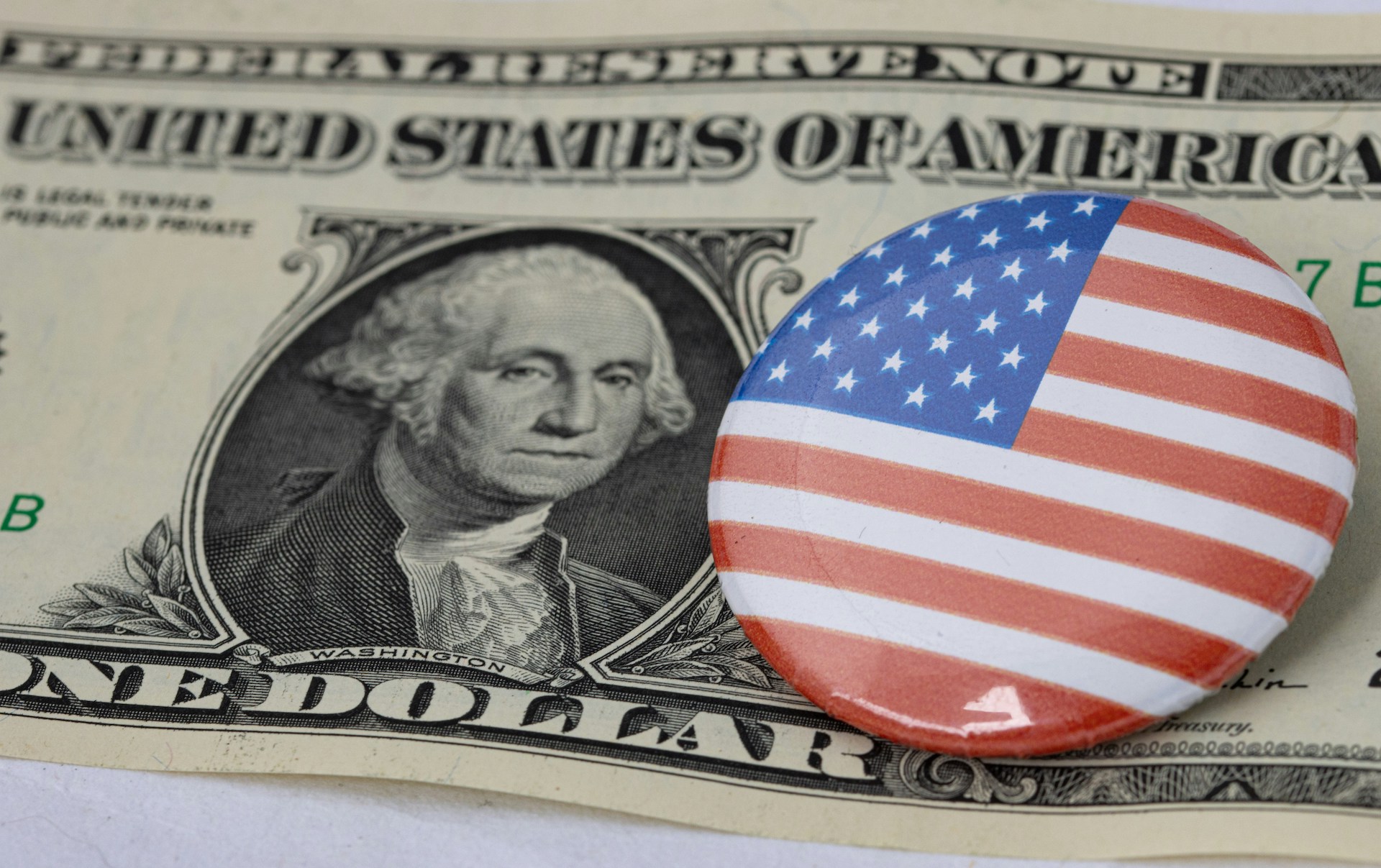
Another concern is that the influence of elections through wealth is not funding American companies to promote candidates. Instead, the money is quietly passed into the hands of foreign corporations or influences to promote a candidate.
The Manipulation of Wealth in Elections
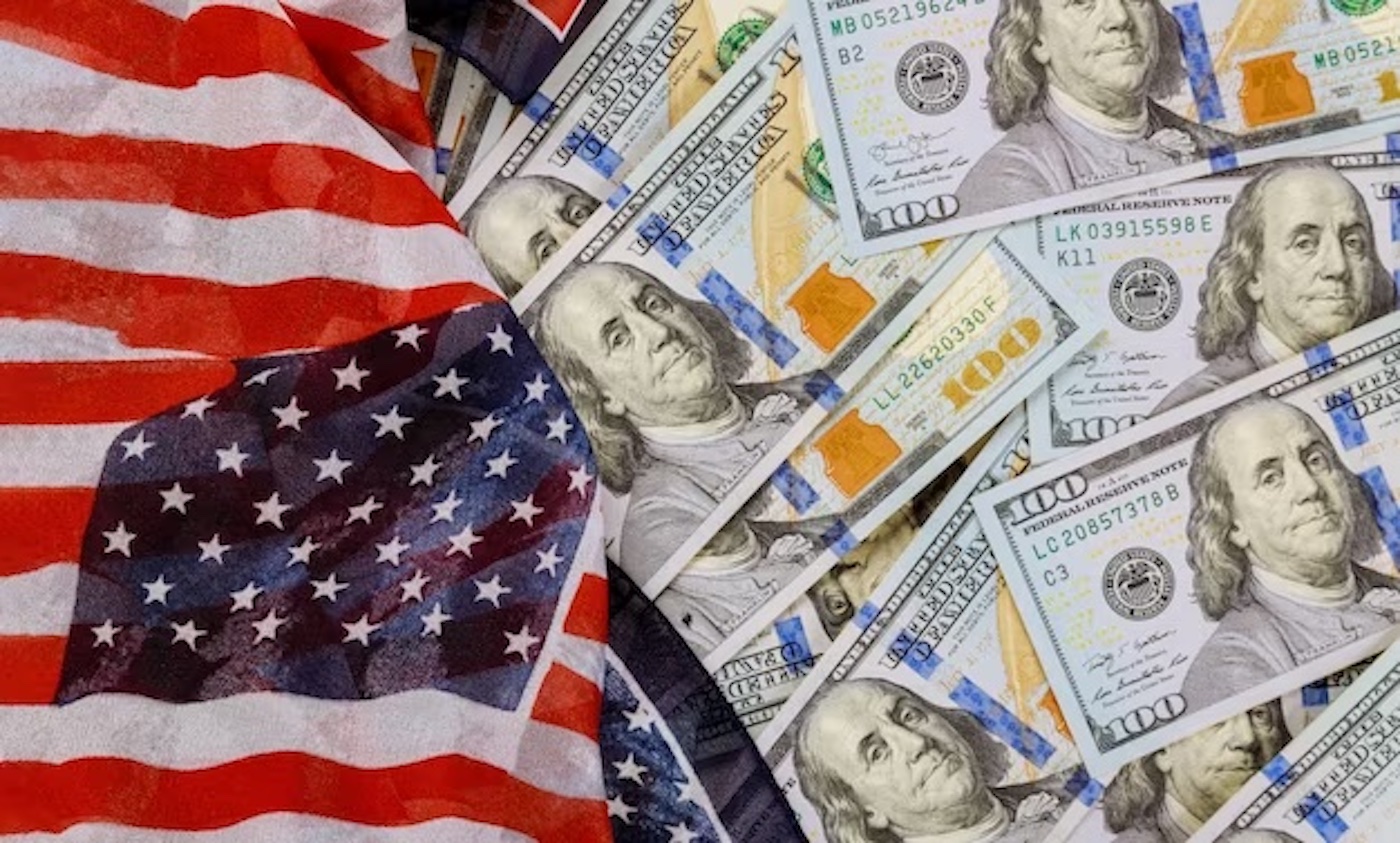
As Judge J. Skelly Wright wrote in The Yale Law Journal, Buckley “misconceives the First Amendment” because “nothing in the First Amendment commits us to the dogma that money is speech.”
Money Is the Online Influencer of Elections
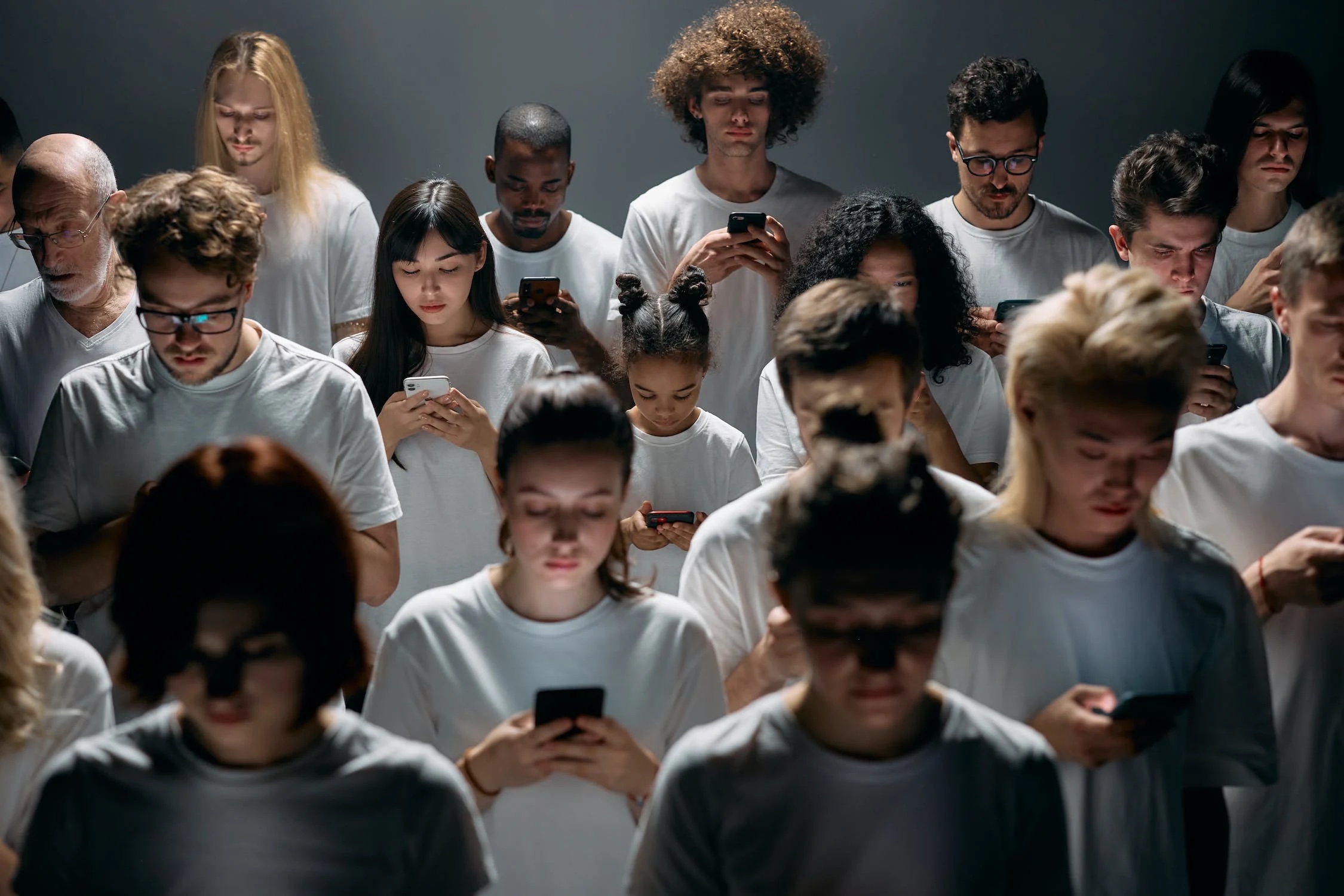
Money in politics has become an infection of democracy in the U.S. Americans across the political spectrum are feeling the daily effects of wealthy influences that push misinformation to win votes for their preferred candidate.
The power of the wallet outweighs the power of the people. Despite the current state of the U.S. political system, Congress attempted to take money out of elections in 1974, and there are still ways to achieve this goal.
Is Money Speech?
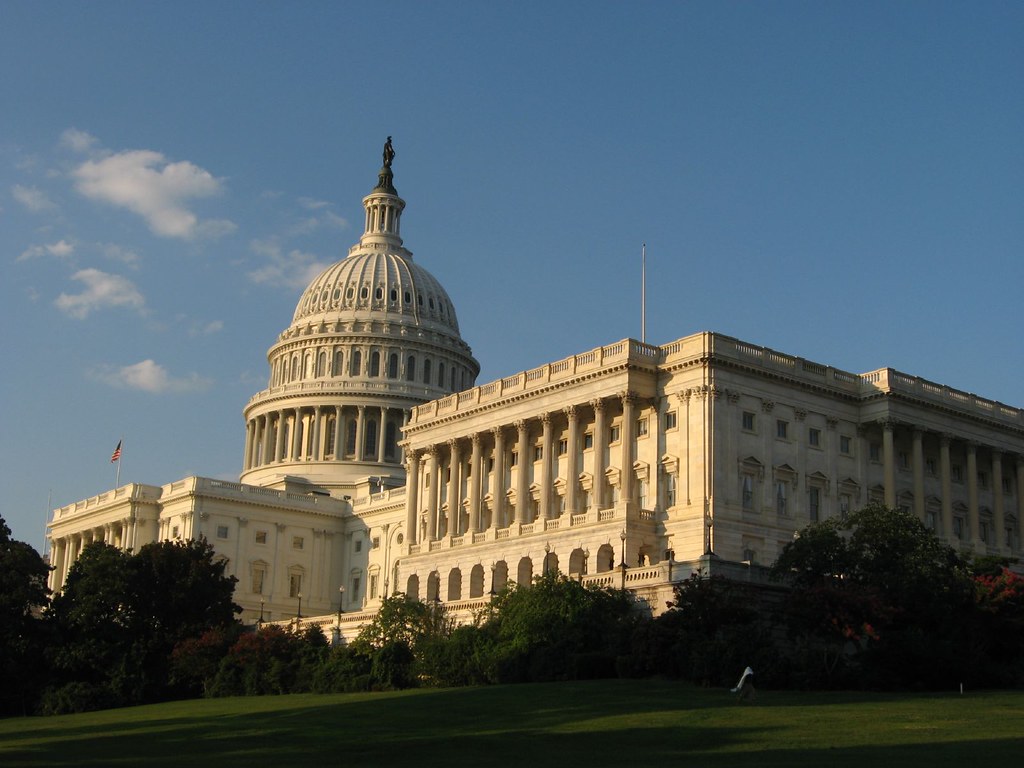
People are fed up with the influence of money in politics. As populism at the grassroots level shows that there is a way to fix this problem to make elections more fair, there is hope that elections can go back into the hands of the people and their ability to make decisions.
Law experts continue to state that there is no evidence that the First Amendment views money as speech. If this can be proven, then there is a chance that Buckley and United Citizens can be overturned.
22 States Are Encouraging Congress to Limit Money in Elections
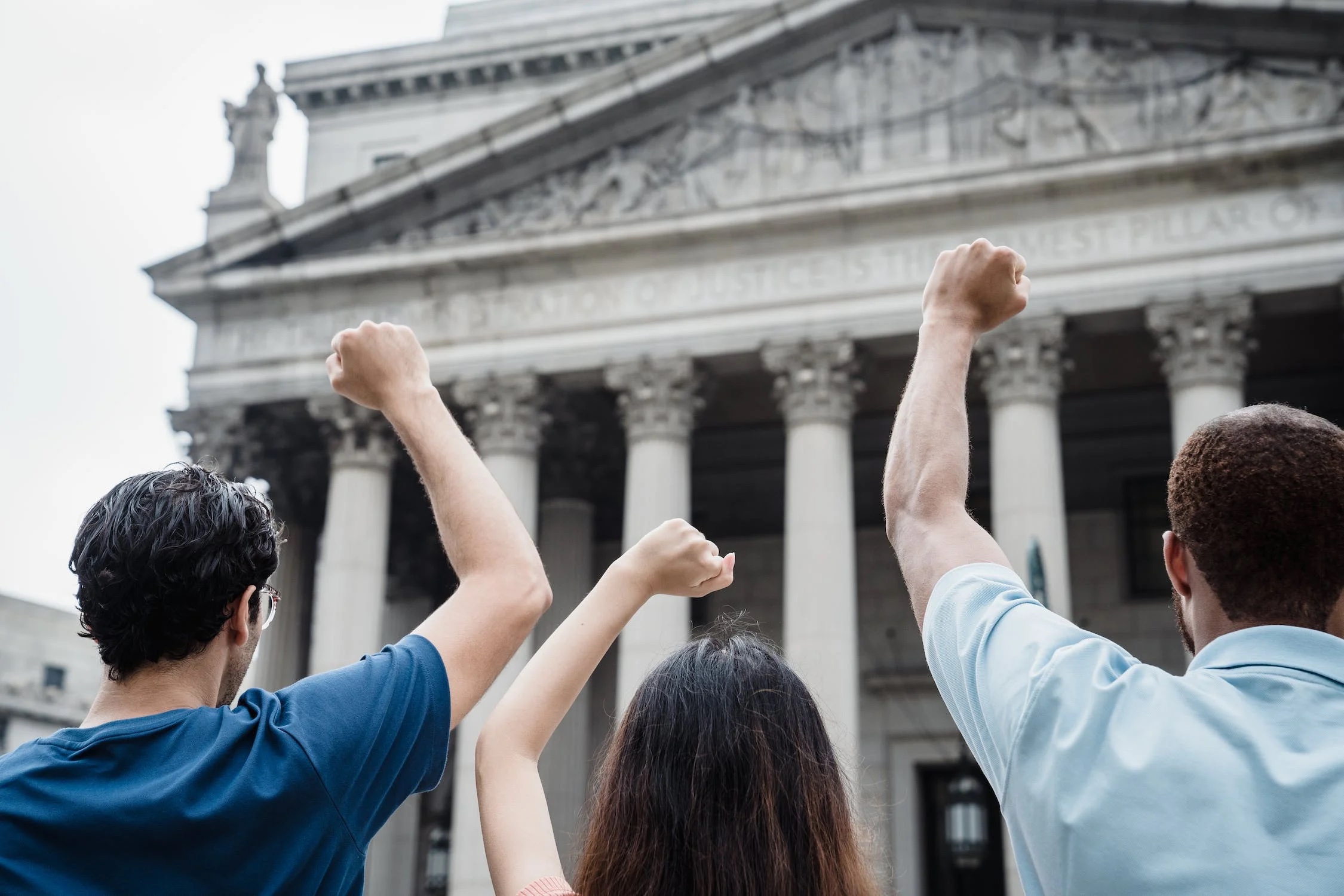
Twenty-two states are already calling on Congress to pass an amendment to regulate political spending by setting reasonable limits. Recently, Pennsylvania legislators voted on a resolution that called on Congress to pass amendments that would limit spending by wealthy corporations and individuals to influence election outcomes.
If Congress attempts to create an amendment to the Constitution stating that money is not free speech, it will require a two-thirds majority from both chambers of Congress, as well as ratification by three-fourths of the state legislatures, to pass it.
Changing the Way U.S. Elections Work
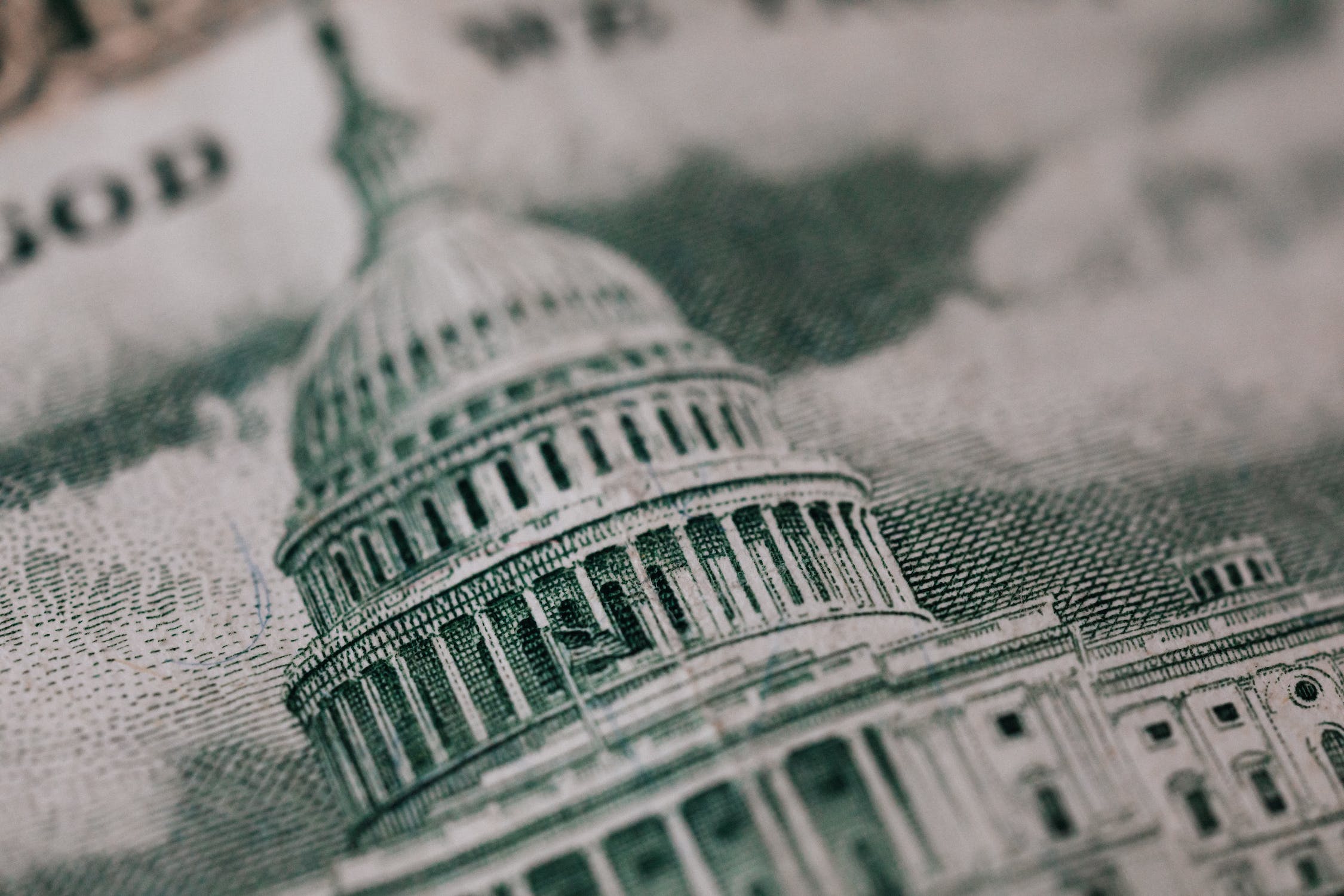
Congress has amended the Constitution 27 times to overturn court precedents that no longer align with U.S. values. While most people can agree that money’s influence on elections has a negative impact, it could be an uphill battle against those influences that have hooks in our day-to-day lives.
Overturning Buckley and Citizens United could change the tides that have left the American people in deep anxiety states as elections approach, helping expand media literacy while giving an equal and fair platform to all to voice their opinions and influence on specific issues and candidates.
